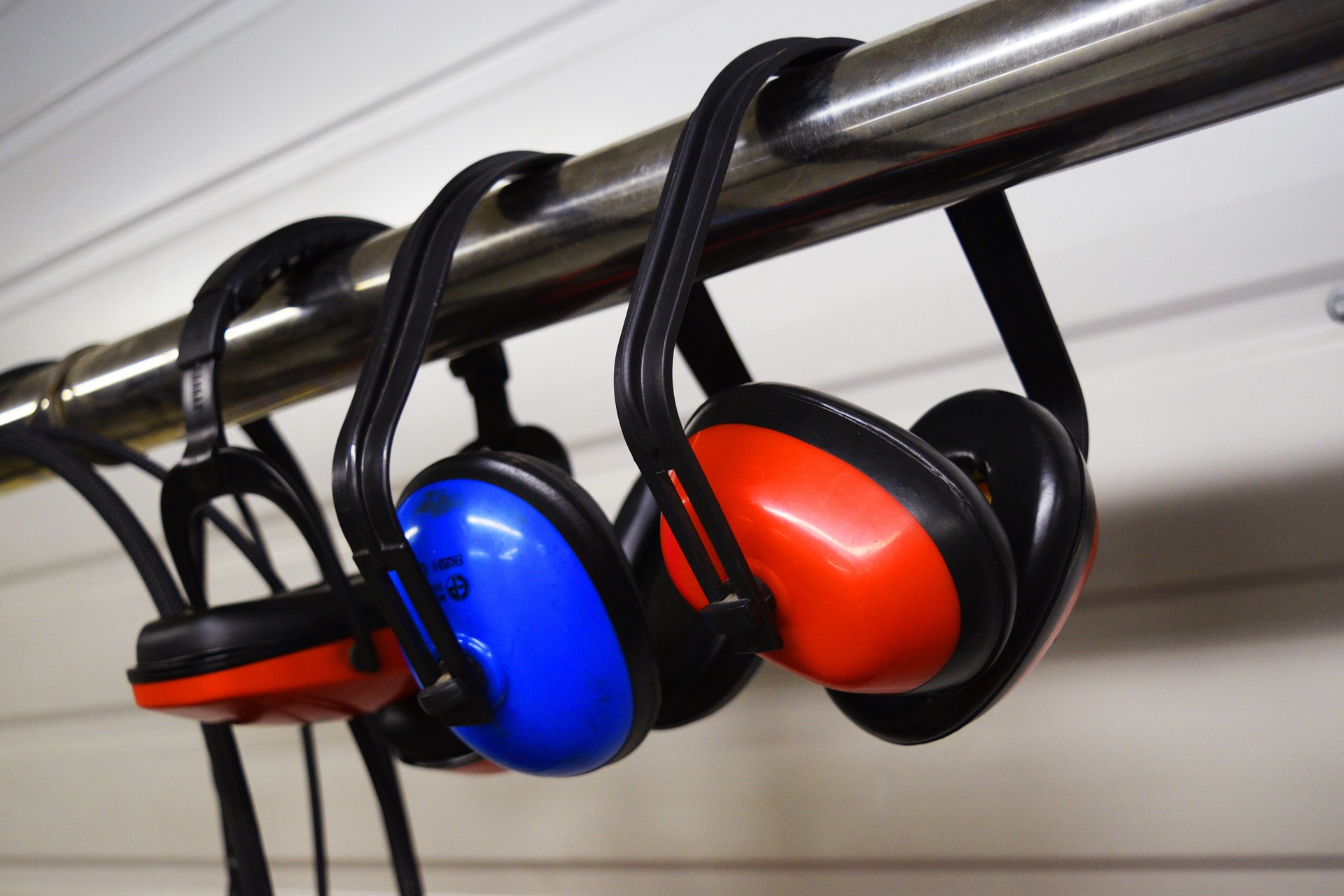Is Tinnitus affecting your ears?

Tinnitus UK is calling for people to protect their ears when at work or enjoying noisy leisure activities, as new data shows 35% of people with tinnitus say their condition was caused by being around loud noises.
What is Tinnitus?
Tinnitus is the name for hearing noises that do not come from an outside source.
Tinnitus can sound like:
- Ringing
- Buzzing
- Whooshing
- Humming
- Hissing
- Throbbing
- Music or singing
Causes of tinnitus
It’s not always clear what causes tinnitus, but it’s often linked to:
- Some form of hearing loss
- Ménière’s disease
- Conditions such as diabetes, thyroid disorders or multiple sclerosis
- Anxiety or depression
- Taking certain medicines – tinnitus can be a side effect of some chemotherapy medicines, antibiotics, non-steroidal anti-inflammatory drugs (NSAIDs) and aspirin
According to a recent study, one in seven adults are affected by Tinnitus. Studies suggest that the number of people with tinnitus will grow by half a million over the next decade. There is currently no cure for the condition.
On the back of these shocking facts, Tinnitus UK is campaigning for people to protect their ears, which will reduce the damage caused by excessive noise exposure. This damage includes tinnitus and hearing loss, both of which can be permanent.
In a separate study of 800 people suffering from tinnitus, over a third (35%) of people believe their tinnitus was caused by loud noise exposure. This could mean that 2.7 million adults in the UK had their condition triggered by noise. Surprisingly, twice as many men (48%) as women (24%) claim noise exposure as a trigger.
Some common loud noises associated with triggering tinnitus;
- Power tools – 100dB
- Live music events – 112dB
- Motorcycles – 85db ranging up to 160 dB
- Hairdryers – 95dB
- Train / Tube Lines – 110dB
Lead Audiologist at Lesley Cree Opticians, Gavin Wynn said “Noise exposure is the single biggest preventable cause of tinnitus, and it is clear from the research conducted by Tinnitus UK that people appear to be unaware of the risks. If you’re doing something that’s loud, even for a couple of minutes, use hearing protection.”
If you think yours, or a loved one’s hearing may have deteriorated, it is important to have it checked professionally as soon as possible. Last year, we launched our full and comprehensive hearing health care service for all our valued patients and families.
You can book your free hearing test today by emailing info@lesleycreeopticians.co.uk or call us on 0115 933 2999 to make your appointment.
More information about noise exposure and hearing protection can be found at tinnitus.org.uk/join-the-cause/plugem. Tinnitus UK’s team of trained advisers are able to offer help and support on 0800 018 0527 or via live webchat at tinnitus.org.uk


